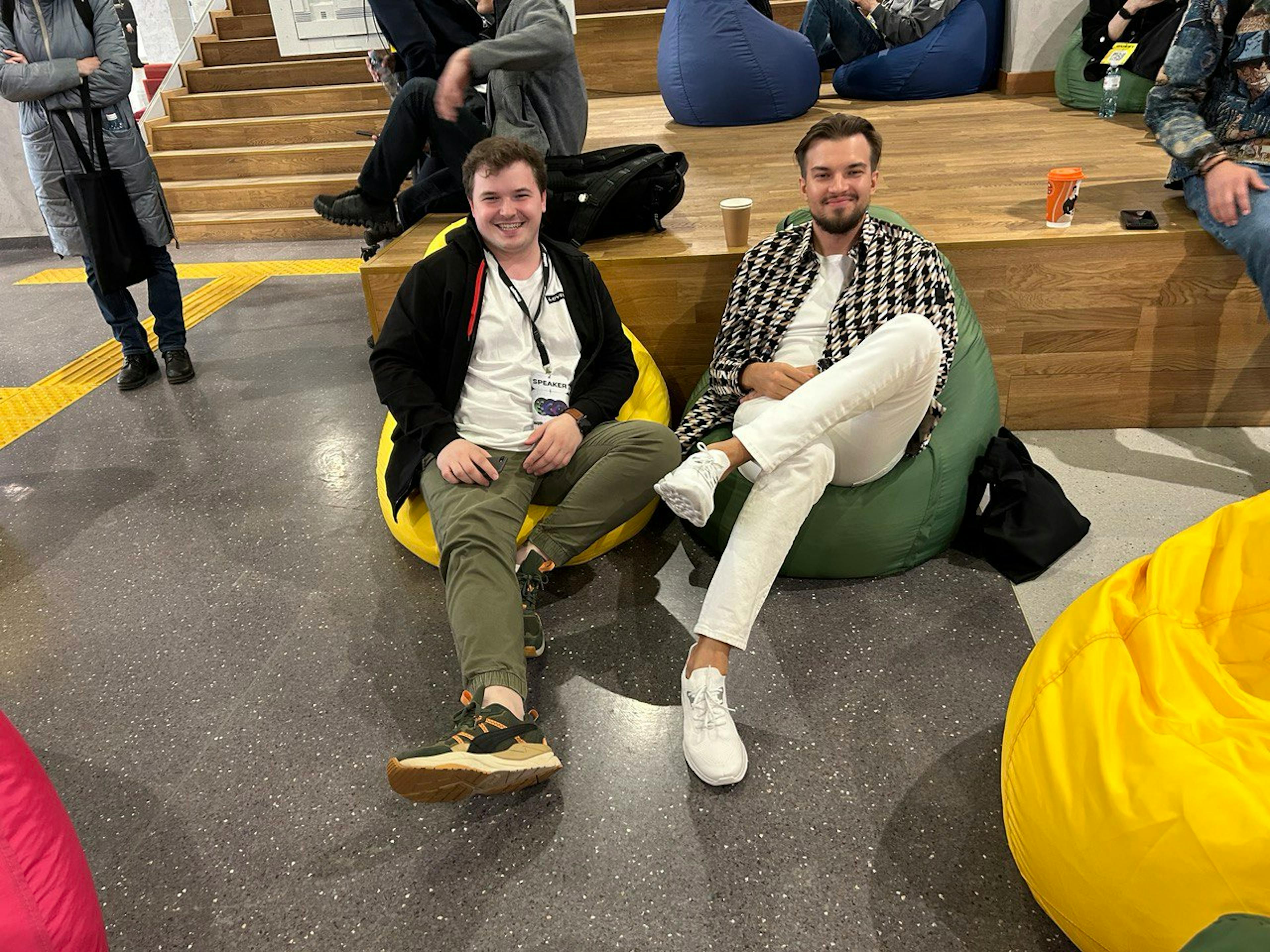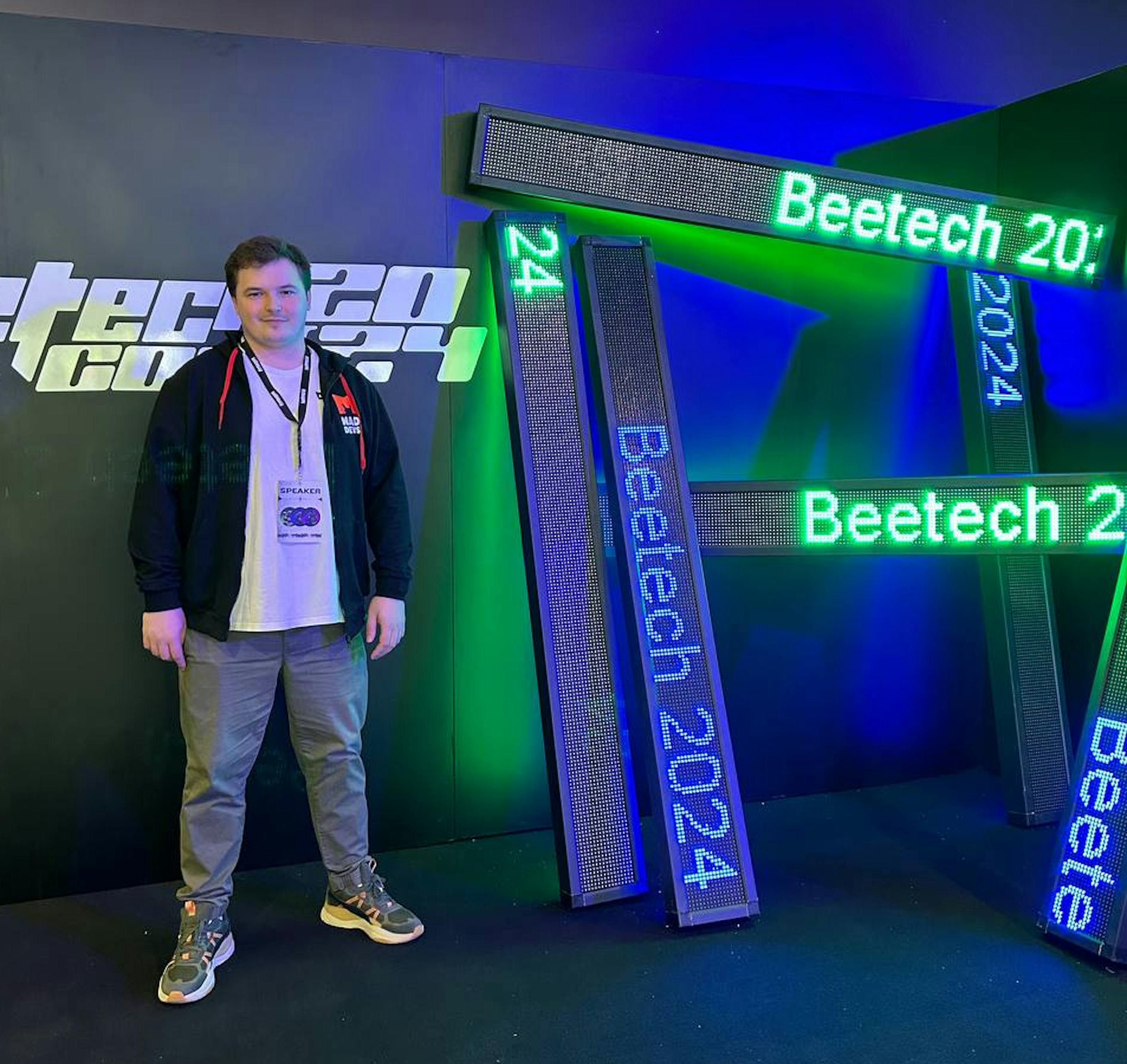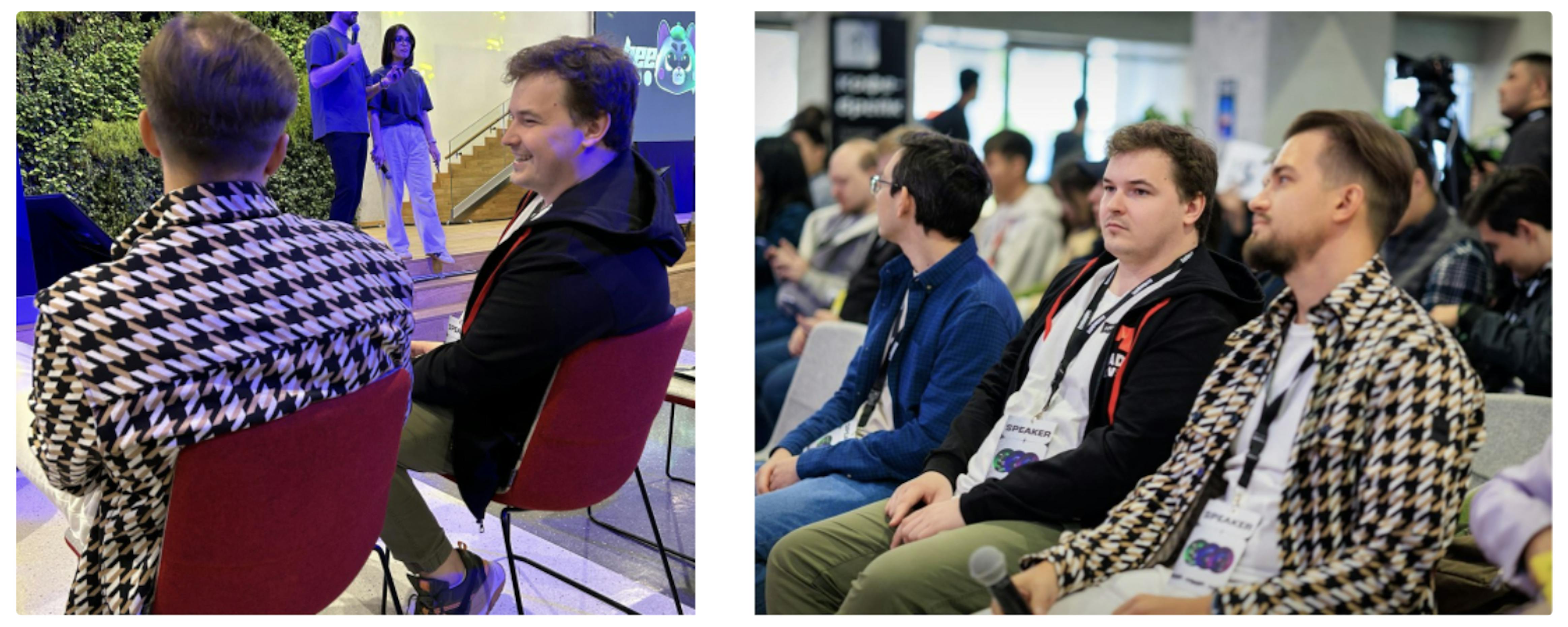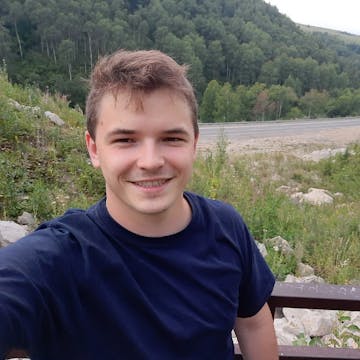Analyze with AI
Get AI-powered insights from this Mad Devs tech article:
About myself
I'm a specialist in computer vision, data analysis, and machine learning. I've been in this field for 6 years, and I've dedicated 2 years to studying NLP. Currently, I am a Lead Machine Learning Engineer at Mad Devs, spearheading projects in controlled text generation and search engine development tailored for pattern trading.
I also work as a lecturer at two universities in two different countries. I combine lectures with my main job at the company.
My workday starts at 9:00 AM and ends at varying times. We have clients from the US, and sometimes joint calls happen very late due to different time zones. This is how my days go.
I aim to avoid working on weekends, but it doesn’t always go as planned. It just so happens that my hobby is my job. And I'm very lucky in this regard. I don't sit from 9:00 AM to 6:00 PM, glancing at the clock out of boredom. I love solving complex problems. That's why I love my job.
Hobby and relaxation
When I'm not at work, I'm usually at the gym. I go to workouts three times a week now. It's become a necessity, given my sedentary lifestyle.
In my free time, I engage in active pursuits: walking dogs, going to parks, skiing in the winter, fixing my car, or visiting my parents at their cottage. Chopping wood really helps to clear my head.
I also enjoy hiking in the mountains. My dream is to visit the Putorana Plateau. Just look up pictures online—it's an incredible place. But it's a very expensive venture. There are no well-trodden paths; the only way to get there is probably by helicopter or hovercraft. One day, I'll save up and go there.
I also like to travel. But I have my own peculiarity. I don't like to travel just to get a stamp on my passport. I like to live in a country, study the way of life, and integrate into society. For example, if a country is famous for its lagman dish, I will look for all the places where it's cooked well. I'll try it as prepared by Dungans, Uyghurs, in different regions of the country. It's a kind of comprehensive approach. I also think that before going far away, you need to explore everything around you. That's why I haven't been to many countries.
People around me
I'm pretty selective about my social circle. Everyone around me is broad-minded. Yes, they're mostly IT professionals. But in an informal setting, we don't talk about work. And if you look at them from the outside, you wouldn't even say they're IT guys.
I also associate with people in creative professions and, lately, entrepreneurs and startups. They're launching their businesses, and every 3-4 months, they ask me to test their product. It's probably because of my specific area of expertise. In short, I'm kind of a guinea pig for them. But it's interesting. You never know which project will eventually succeed. Maybe I'll have a hand in someone's future success.

About the company
I joined the company through a referral program, thanks to an acquaintance. After researching Mad Devs, I was drawn to their active involvement in open source—numerous high-quality projects with stars on GitHub that are regularly updated and maintained. I also liked that the company's founders are not just IT managers but people with technical backgrounds. For example, Oleg Puzanov, one of the co-founders, was previously a developer, so he understands the specifics very well. I even looked at his GitHub profile and saw that he was actively working on projects.
It seemed to me that the team in the company is built with a deep understanding of processes and technical aspects, which turned out to be true. I understood that here, management would not be detached from real tasks, as sometimes happens, and my expectations were met. That's why I decided that this was what suited me. That's how I ended up here.
If we talk about how Mad Devs differs from my previous places of work, I was also in a service company before, but with different processes and approaches. They had a narrower specialization in custom embedded development. The company size, culture, and approaches to work were different there. I can't say that one place was better or worse—they are simply two completely different companies. Each has its own management style, internal principles, and atmosphere. It's more a matter of individual preferences and tasks.
Several projects at Mad Devs have left a lasting impression on me, but one that truly stands out is Clutch. It was my first large-scale project with a significant budget. For a year and a half, we developed many features, conducted experiments, and sought solutions that translated into significant cost savings for the company. Now, I continue to participate in this project, but more in a consulting format. Sometimes, I join to replace someone from the team, for example, if a colleague goes on vacation.
The second project that I remember is Upaint. It was truly complex and demanding. This is a case where I had to work at the limit of my abilities. As part of the project, I developed a system that processed photos of people through a multi-stage process and turned them into paint-by-numbers pictures. The project lasted about two or three months, as it was more research-oriented. Despite the short timeframe, it became a serious challenge for me and gave me valuable experience.
If I dream about the company's future and where I see myself in 10 years, I see the company gradually transforming from a service company into a product company. We already have a strong product, Enji.ai, to be proud of, and I am confident there will be more in the future. We will actively use machine learning to create and develop products that change the industry.
My goal is to expand our ML community, attracting specialists with different experiences and skills. For example, now we lack experts in the field of audio processing, experiment setting, and A/B testing. We strive to grow not only in numbers but also in terms of expertise, covering a more expansive geography and a variety of projects.
💻 Craft cutting-edge solutions: take your career to new heights with our team!
Now, we are mainly moving towards finding and training assistants, as this corresponds to market trends. But I am sure that over time, we will be able to deepen our competencies and reach new horizons.
Where and how I learn
I'm constantly learning. I've chosen a field where things are always changing and evolving. It's necessary to stay up-to-date. That's why I engage in self-education daily – I read articles and study business cases. I like following a few Telegram channels that review scientific papers. They highlight the key points in a concise summary, which helps me decide whether to delve deeper into an article. I update my overall knowledge every quarter or half-year.
For example, I'm also working on improving my soft skills. I understand that I need management skills, communication skills, and so on. And it's not that easy. Everything is clear to me in mathematics, which I'm used to working with. There are certain laws, mechanisms, and the same logic. But with people, it's not so simple. I have to change myself and change my perception of people. Even if I go to a psychology training where they explain the theory to me, in practice, things may not turn out as I expected.
I also sometimes attend conferences, either as a speaker or as a listener. This also helps to improve my knowledge. But before going to a conference, I recommend doing a background check on the speakers. I believe having an academic degree, publications, and real-world business cases guarantees you won't waste your time.


Roman at the BeeTech Conf 2024 KZ
And finally, my personal recommendation. Here are some useful resources for learning if you want to dive into ML:
Books
- Y. Bengio, I. Goodfellow, A. Courville: "Deep Learning"
- Christopher Bishop: "Pattern Recognition and Machine Learning"
- Nikolenko S.Y., Kadurin A. A.: "Deep Learning"







